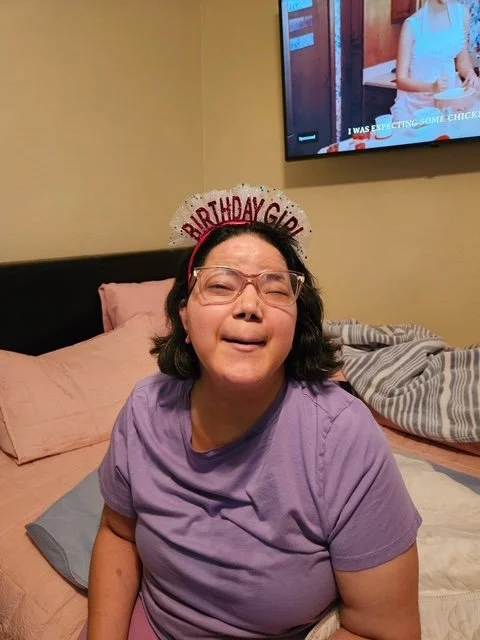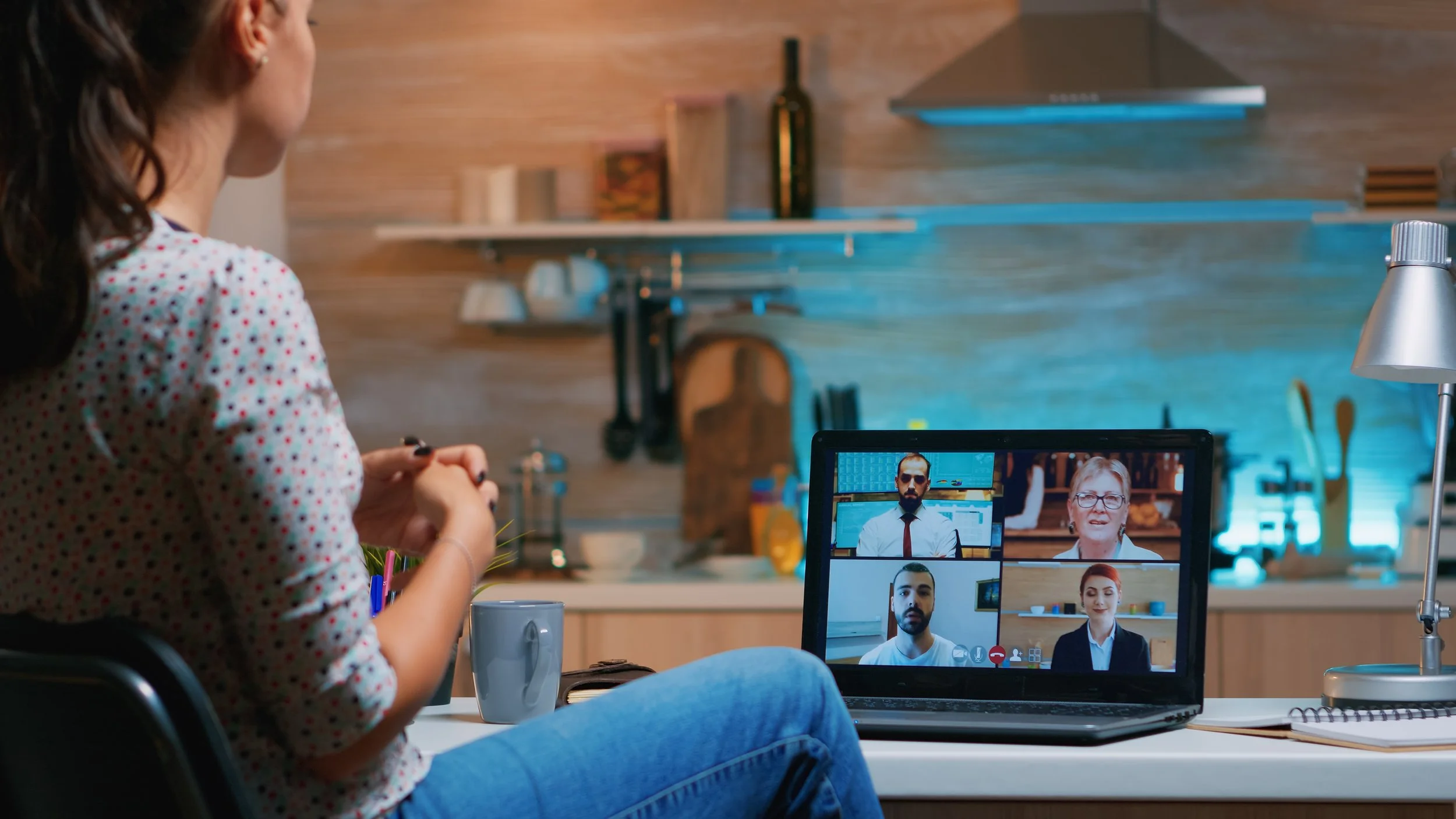Why You Should Consider Participating in a Clinical Trial
If you have a rare disease, clinical trials can represent a path to hope.
By Krystel El Koussa
Even though I am relatively new to living with a chronic illness, I can tell you—it’s not easy. I was diagnosed with myasthenia gravis (MG) less than a year ago. MG is an autoimmune condition that causes your muscles to weaken over time. This can have very scary effects—I’ll never forget the time when I was out to dinner with a friend and I choked on my food. I couldn’t swallow or speak. It was absolutely terrifying.
When I first got diagnosed with MG, I heard the words, “There is no cure.” I was devastated, thinking about what my daily life with this illness would be like. Many of us with a rare chronic illness know that there might not be a cure for our disease available currently. There might not even be a treatment. There are some treatments available for MG, but their effectiveness can vary by patient—each patient is different, and certain treatments may work wonderfully for some people while they don’t do much for others. But my experience—including the crucial step of connecting with people in the MG community and the Know Rare community who understand what I’m going through —has given me high hopes that a cure will be developed soon.
“only 5% of rare diseases actually have treatments that are approved by the FDA. “
The hard, cold numbers can be intimidating: only 5 percent of rare diseases actually have treatments that are approved by the FDA. The rarer the disease, the harder it is to get big pharmaceutical companies to invest in research for medical drugs and treatments for it. But for many warriors in the rare disease community that have no approved treatments available, clinical trials are a powerful source of hope.
What are clinical trials?
Clinical trials are research studies that test how a medical intervention performs among a group of patients. They play a crucial role in studying new potential treatments and advancing scientific knowledge of rare diseases and disabilities. During a clinical trial, researchers can determine if a new form of treatment (a drug, for example) is safe and effective.
How can you take part in a clinical trial?
First, you will need to meet certain requirements. These may have to do with your diagnosis, the time that’s passed since your diagnosis, the symptoms you have, and the medications and other treatments you have already tried.
In my case, it’s only been eight months since my official diagnosis, and over a year since I’ve had symptoms. I also recently underwent a thymectomy by sternotomy surgery and I’m still recovering, so I’m not eligible for clinical trials now. However, your eligibility may be completely different. When considering different clinical trials, you can see which ones fit best with your current lifestyle depending on what’s involved and how long the duration is. You might be surprised to find out how many trials are out there—believe me when I say there are a lot! And many of them are looking for patients like you.
Benefits of participating in clinical trials
Some of the biggest benefits of taking part in a clinical trial include:
Getting access to care from doctors who are experts in the studied disease.
Cost effectiveness: Most studies are largely free for patients since pharmaceutical companies are taking care of the research expenses.
Getting the medication in question one step closer to being approved by the FDA.
Helping other patients to get the treatment once it’s approved by the FDA.
Being a study-saving patient: In some cases, biotech companies have to interrupt clinical studies due to a lack of patient participation. This means that you could be the participant that prevents a study from being shut down.
Making you an even bigger hero than you already are, for creating an easier path for others to get treatment.
A few words of encouragement
If you decide to consider or participate in a clinical trial, you’re not alone in it! There are plenty of resources, advocates, and allies you can turn to. Your doctor may not always know about clinical trials in a rare condition like MG. Nevertheless, you can visit clinicaltrials.gov, which is the FDA listing of all studies in all diseases. Since this site can be difficult to navigate, the support team at Know Rare can help you find the researchers and studies that may be a good fit for you. Subsequently, you can share the listing of studies with your doctor, who can assist you in deciding which trial is best for you. Throughout this journey, Know Rare can support you and guide you when you have any questions.
And if you do participate in a trial, know that clinical trial researchers are experts in studying the disease—don’t be shy to ask questions and share your thoughts with them about participating in the study. You can ask if you can withdraw for any reason, at any time—this factor can help you make your decision.
I know that it can be a big, scary decision. It would be for me. However, for someone who has a rare disease without treatment, the journey ahead is already filled with so many uncertainties—why not be a part of solving the puzzle?
Want to get started?
Make a free Know Rare account here and start chatting with one of our support team members, or text us at +1 (917) 979-6842.
Let’s work together to foster hope and a brighter future for patients with chronic rare disease!
I invite you to follow my recovery journey and my new life as a cancer survivor living with MG on Instagram at @krystel.k.































